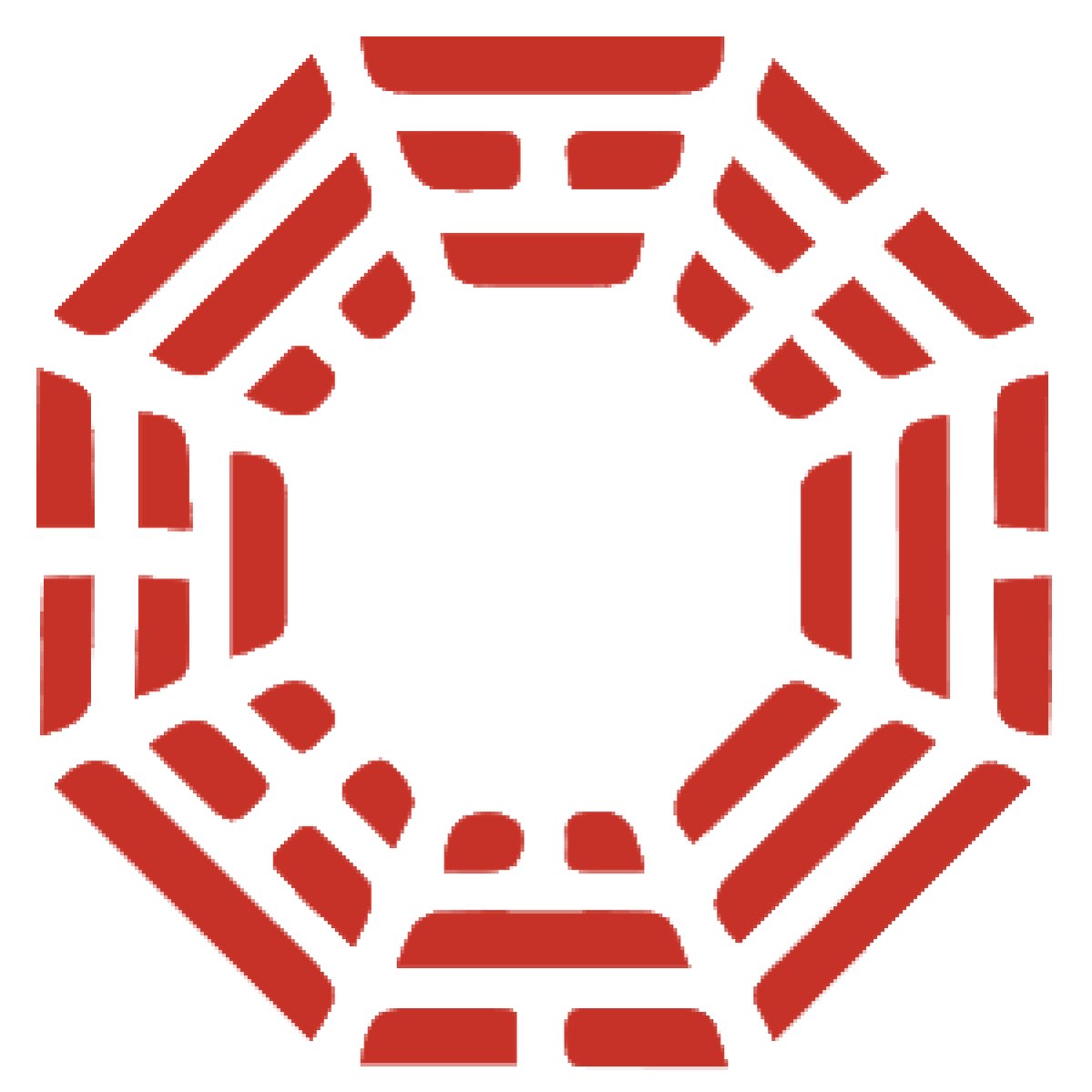
The I Ching
The Book of Changes
If you are interesting in booking a session please contact me using the form here: Contact Me
What is the I Ching?
The I Ching, or Book of Changes, stands as one of the oldest Chinese texts, primarily used for divination. Its origins trace back to the early Zhou Dynasty (1046–771 BC), a period that embraced and evolved the divination practices of the preceding Shang Dynasty.
While the Shang used methods like burning animal bones or tortoise shells for divination, the Zhou introduced a system involving 64 hexagrams that are symbols composed of six lines each, either broken (yin) or unbroken (yang). These hexagrams are formed by combining two trigrams, each representing natural elements such as Heaven, Earth, Thunder, Water, Mountain, Wind, Fire, and Lake.
The I Ching offers guidance on moral decisions and understanding the natural order of the world around us. Its influence extends beyond divination, impacting Chinese philosophy, art, and literature. Over the centuries, it has gained interest in the West, influencing various fields of study such as: mathematics, psychology, computer science, and more.
For those interested in exploring this ancient text, the I Ching provides a window into early Chinese thought and the human desire to comprehend change and uncertainty in an unclear and often confusing world.
Backstory
I first picked up the I Ching in my early twenties when I was exploring various religions and philosophies. I wanted a method to help guide me through life and difficult situations as well as something I could study to shape my view on myself and the world around me. I wouldn't describe myself as a religious individual but I have a part of me that desires a spiritual element to my life.
As my life became more complicated and I read more about various human belief systems I left the I Ching behind in pursuit of understanding what it means to be a "good" human.
It wasn't until I read the article The Uncertainty Machine by Dr. Will Buckingham that I got back into researching the I Ching. Dr. Buckingham wrote in a way that spoke to my analytically oriented mind and rejuvenated my interest in the ancient work.
How I practice the I Ching
While there are a few ways to practice the I Ching, I follow what is known as the Meaning and Principle tradition, which is the most common with Western practitioners.
This Meaning and Principle tradition focuses on philosophical reasoning, ethical lessons, and moral principles found in the hexagrams and their changing lines. Rather than trying to analyze symbolic imagery or numerical patterns of hexagrams the Meaning and Principle tradition asks:“What is the meaning behind this hexagram? What are the principles for how one should live or act in this situation?”
While the I Ching is often used for divination but I prefer to think of the results of the reading as a slice in time. Time is constantly moving forward and there are a variety of known and unknown events that can cause your specific path to unfold.
An I Ching reading at a specific moment in time is like a snapshot of where you are on your journey and the results of the reading should not be taken as a definitive outcome for what is being questioned. The results should be used as a tool to disrupt your standard way of approaching challenges, problems, or decisions and see your situation from a different perspective.
The I Ching functions as an "uncertainty machine," a tool that doesn't provide clear-cut answers but instead fosters a mindset receptive to change and the unknown. In essence, the I Ching as a philosophical instrument encourages individuals to navigate uncertainty with openness and adaptability, rather than seeking to eliminate it through prediction.
How to Consult the I Ching
What is a good question?
A good I Ching question is focused, sincere, and open-ended. It invites insight, not a yes/no answer. The I Ching works best when you’re seeking guidance, not prediction.
Good question templates:
- “What is the best way to…”
- “What should I keep in mind as I…”
- “What does this situation ask of me?”
- “How can I align myself with the needs of this moment?”
What to Do:
- Be Clear - Know what you're really asking. Clarity helps you connect with the answer. (Example: “What is the best way to approach this new job opportunity?”)
- Stay Open - Ask in a way that allows for unexpected insight. (Avoid biasing the question with your preferred outcome.)
- Use First-Person Framing - Keep the focus on your actions, not others'. (Example: “What should I consider about my role in this conflict?”)
- Be Present-Focused - The I Ching speaks to your current moment, not a distant future. (Example: “What does this decision entail right now?”)
- Ask for Guidance, Not Certainty - Think: support, not fortune-telling.
What to Avoid:
- Don’t ask Yes/No questions (“Will I get the job?” is too closed. Try: “What do I need to know about this job opportunity?”)
- Don’t ask for predictions (“What will happen if I move?” is tempting but less helpful. Try: “What should I consider before deciding to move?”)
- Don’t ask about other people’s feelings or intentions (“Do they love me?”, instead, “What should I understand about this relationship?”)
- Don’t repeat the same question over and over (Respect the answer but feel free to ask related follow-up questions.)
If you are interesting in booking a session please contact me using the form here: Contact Me